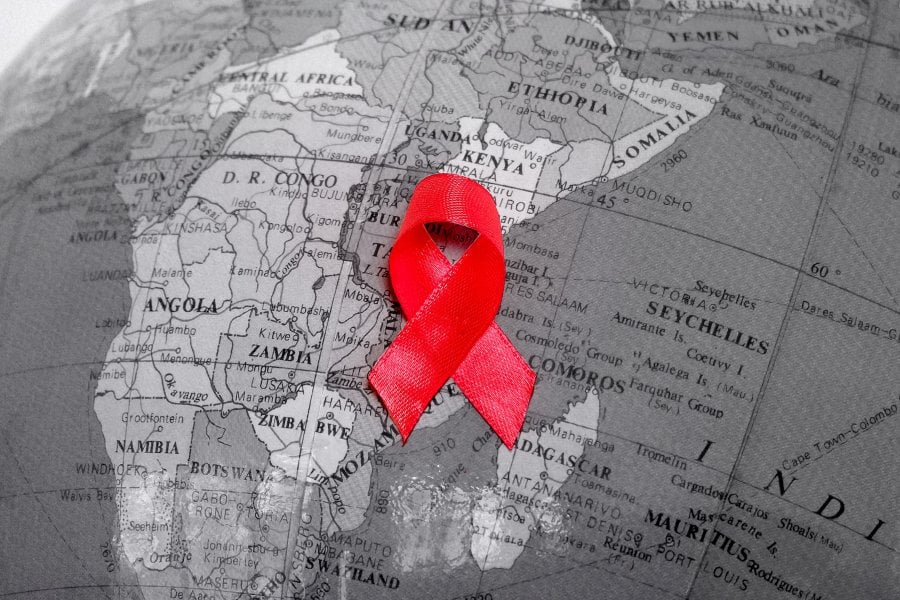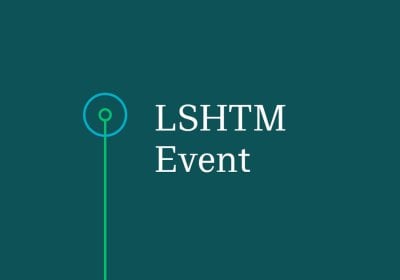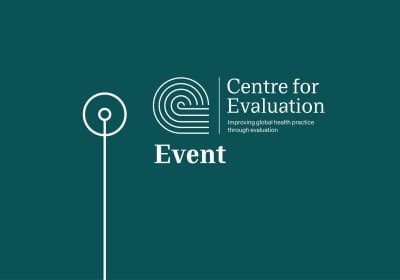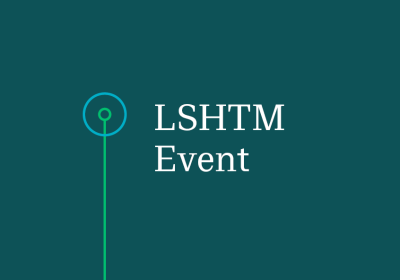HIV prevention cascades: A new tool to strengthen implementation of efficacious HIV prevention methods

HIV treatment cascades contributed to the rapid scale-up of antiretroviral therapy (ART) programmes by providing key information on progress made in implementing these programmes, on how this progress compared across populations, and on gaps in implementation remaining to be addressed to increase viral suppression and thereby to reduce mortality and new infections. HIV prevention cascades could be useful in a similar way to provide:
- A logical framework summarising actions taken by individuals across a population that can prevent HIV acquisition
- A management tool to focus on gaps and related barriers and bottlenecks, and to identify potential for programmatic improvement
- An advocacy tool indicating points for intervention to enhance programme effectiveness
However, achieving a consensus on a generic formulation for HIV prevention cascades pose challenges due to the differing needs and perspectives of policymakers, as well as programme managers and researchers; the range of different HIV prevention methods available; and limitations on data availability.
In this talk, Simon will:
- Describe the rationale for regular measurement and interpretation of HIV prevention cascades
- Summarise the development and current thinking on HIV prevention cascade formulations and explanatory frameworks, and
- Present findings from recent applications of HIV prevention cascades in Manicaland, Zimbabwe
Speaker
Professor Simon Gregson is a demographer who has been working on the dynamics of spread, impact and control of HIV epidemics in sub-Saharan Africa since the late 1980s. His work combines empirical studies including large-scale, longitudinal, population-based and clinical surveys, with the use of mathematical models. Simon directs the Manicaland Centre for Public Health Research in Zimbabwe.
Please note that the recording link will be listed on this page when available
Admission
Contact



